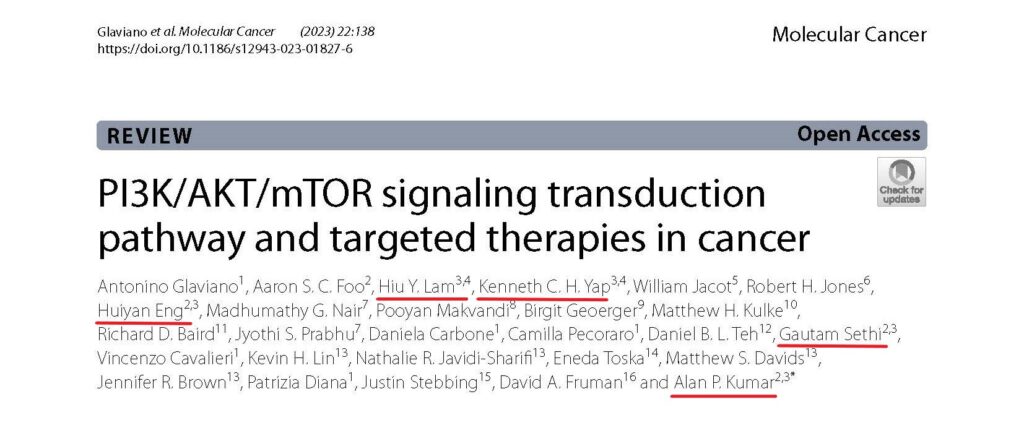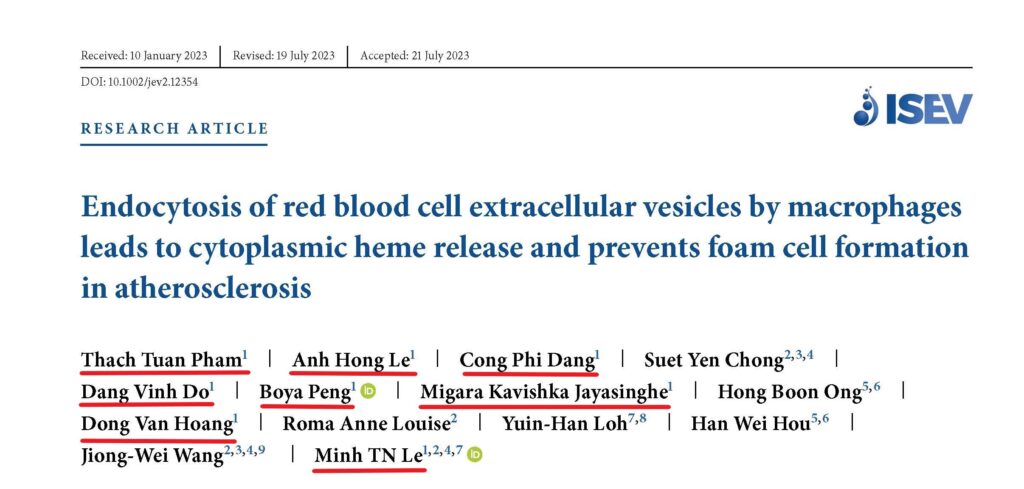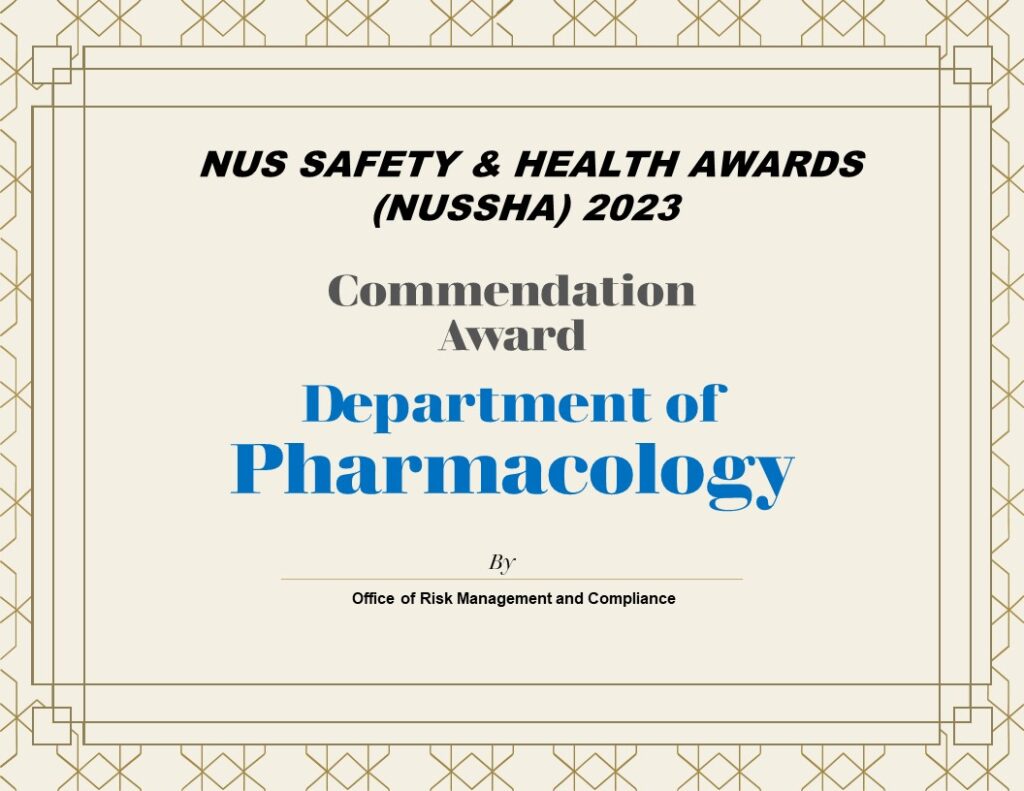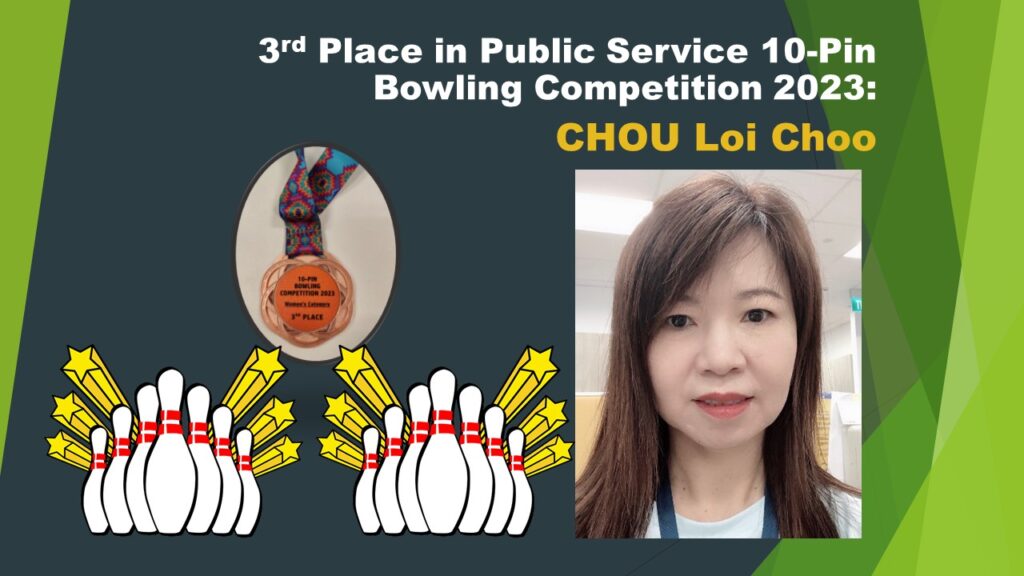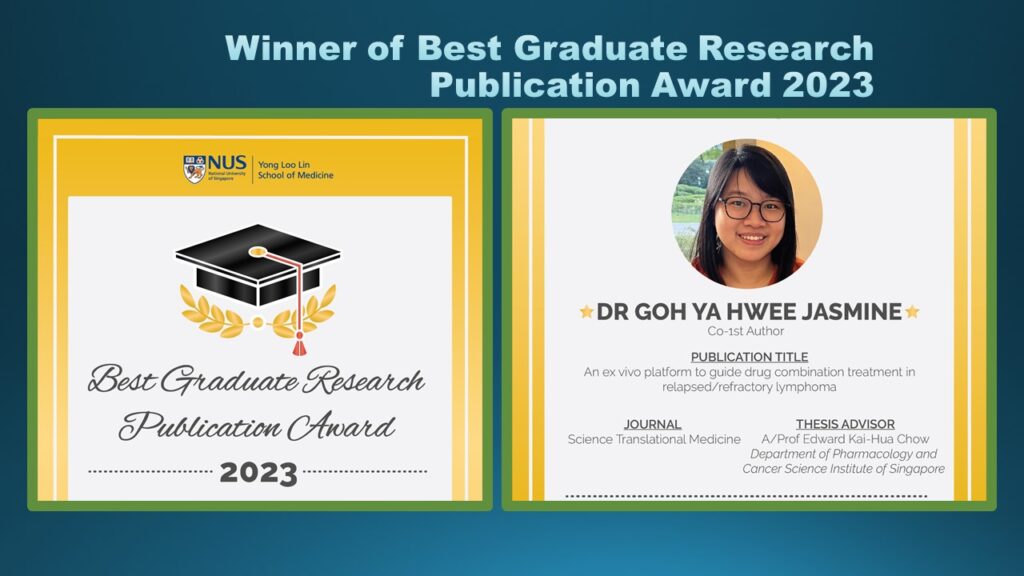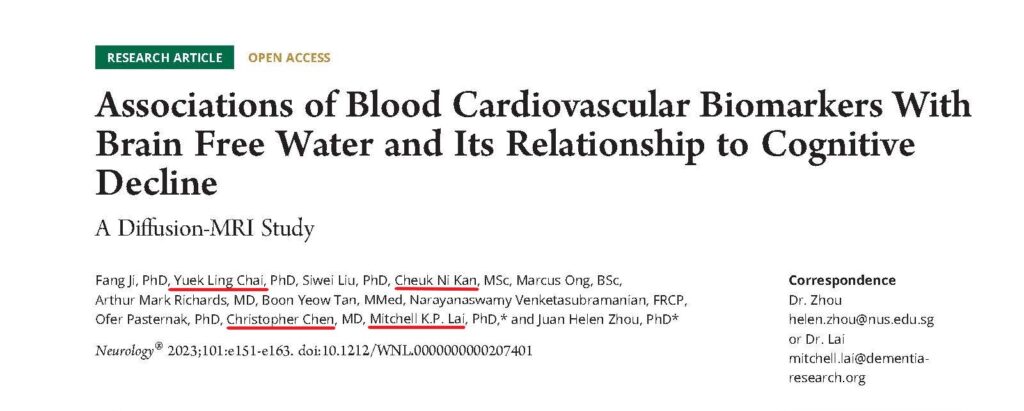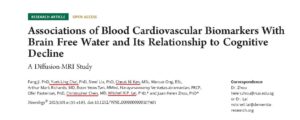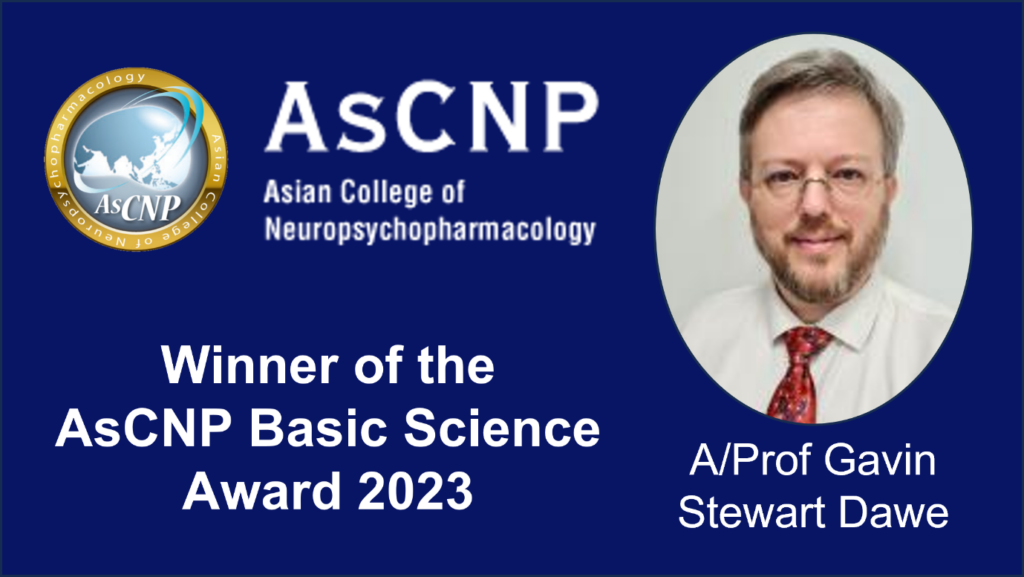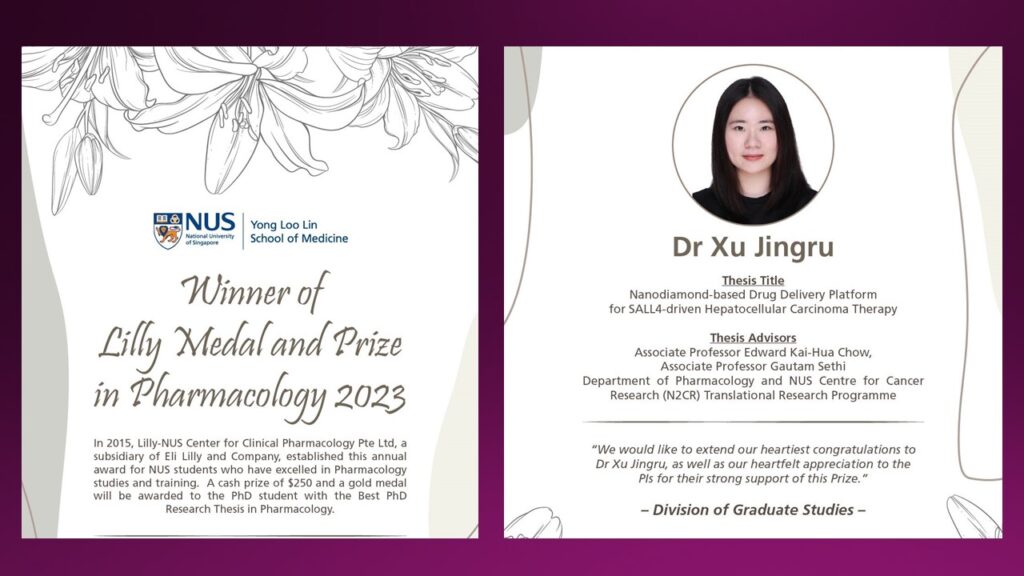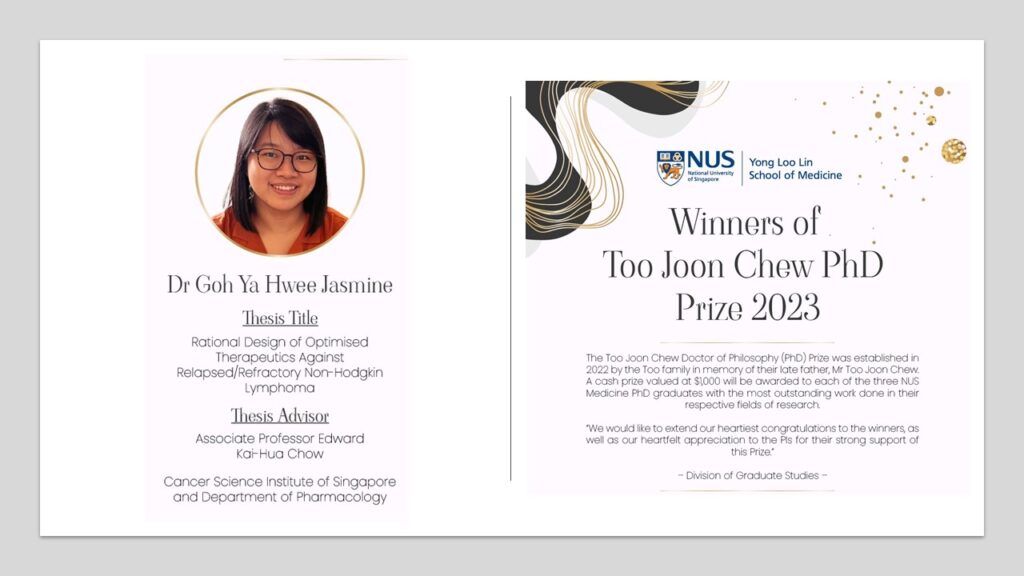PI3K/AKT/mTOR signaling transduction pathway and targeted therapies in cancer
PI3K/AKT/mTOR signaling transduction pathway and targeted therapies in cancer
Antonino Glaviano1, Aaron S. C. Foo2, Hiu Y. Lam3,4, Kenneth C. H. Yap3,4, William Jacot5, Robert H. Jones6,
Huiyan Eng2,3, Madhumathy G. Nair7, Pooyan Makvandi8, Birgit Geoerger9, Matthew H. Kulke10,
Richard D. Baird11, Jyothi S. Prabhu7, Daniela Carbone1, Camilla Pecoraro1, Daniel B. L. Teh12, Gautam Sethi2,3,
Vincenzo Cavalieri1, Kevin H. Lin13, Nathalie R. Javidi‑Sharifi13, Eneda Toska14, Matthew S. Davids13,
Jennifer R. Brown13, Patrizia Diana1, Justin Stebbing15, David A. Fruman16 and Alan P. Kumar2,3*
Abstract
The PI3K/AKT/mTOR (PAM) signaling pathway is a highly conserved signal transduction network in eukaryotic cells that promotes
cell survival, cell growth, and cell cycle progression. Growth factor signalling to transcription factors in the PAM axis
is highly regulated by multiple cross-interactions with several other signaling pathways, and dysregulation of signal transduction
can predispose to cancer development. The PAM axis is the most frequently activated signaling pathway in human
cancer and is often implicated in resistance to anticancer therapies. Dysfunction of components of this pathway such
as hyperactivity of PI3K, loss of function of PTEN, and gain-of-function of AKT, are notorious drivers of treatment resistance
and disease progression in cancer. In this review we highlight the major dysregulations in the PAM signaling pathway in cancer,
and discuss the results of PI3K, AKT and mTOR inhibitors as monotherapy and in co-administation with other antineoplastic
agents in clinical trials as a strategy for overcoming treatment resistance. Finally, the major mechanisms of resistance
to PAM signaling targeted therapies, including PAM signaling in immunology and immunotherapies are also discussed.
PI3K/AKT/mTOR signaling transduction pathway and targeted therapies in cancer Read More »

